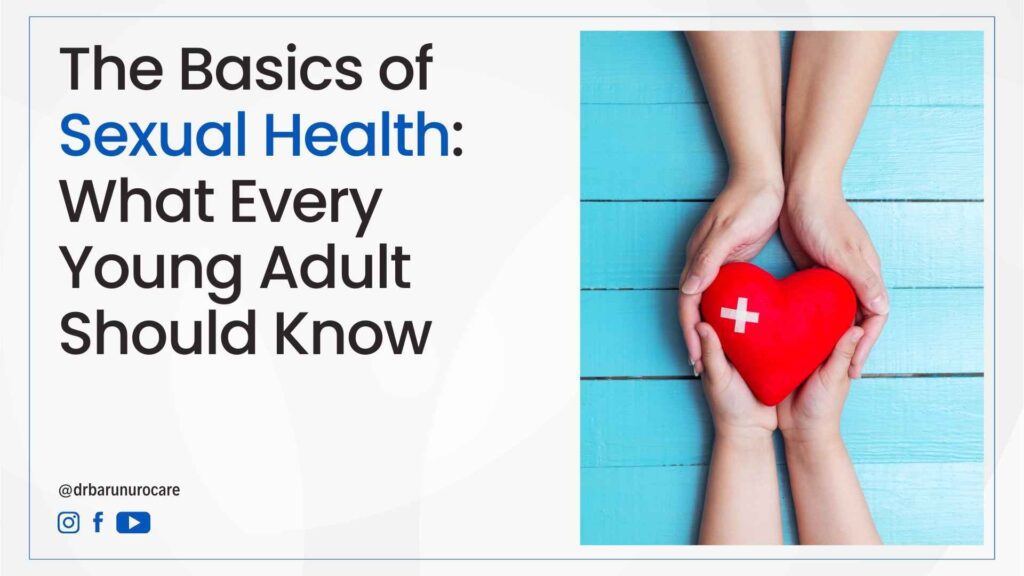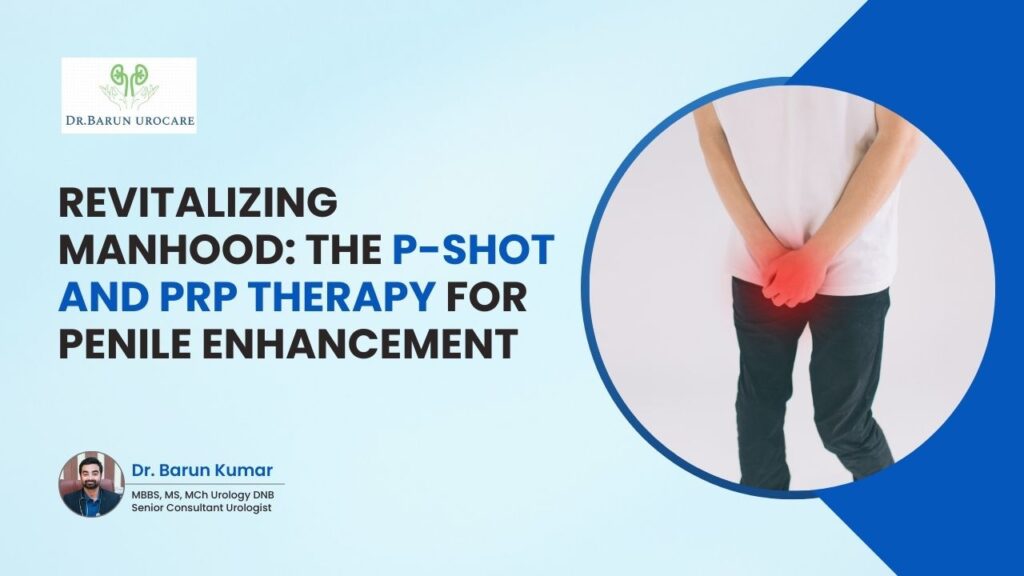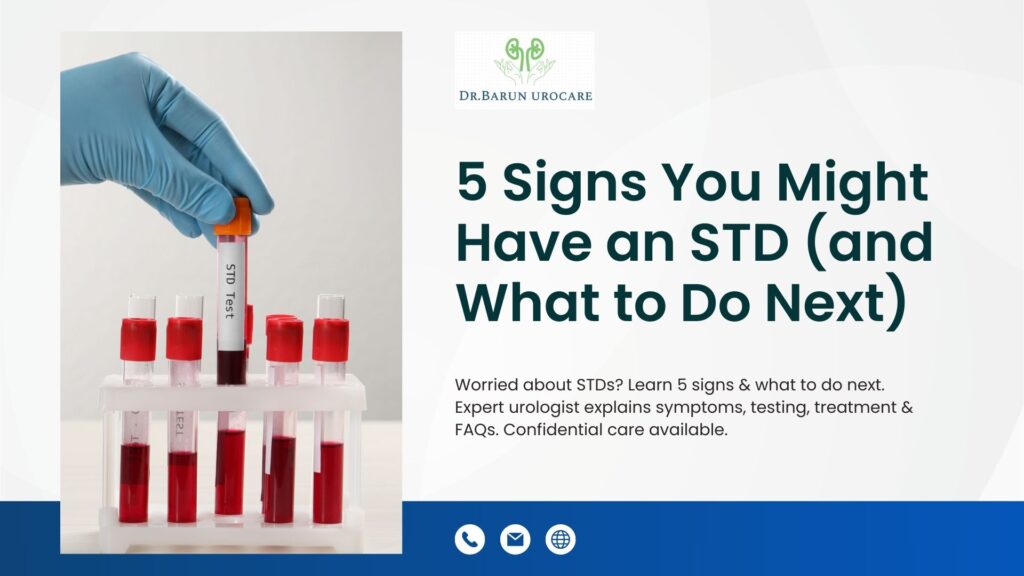Sexual health is an essential aspect of overall well-being, often overlooked, especially among young adults. It’s crucial to understand the basics of safe sex practices, the importance of consent, and the early signs of sexually transmitted infections (STIs).
In this article, I’ll delve into these topics, providing you with the knowledge you need to make informed decisions about your sexual health. By understanding these fundamental concepts, you can take control of your sexual well-being and enjoy a healthy, fulfilling sex life.
Understanding Consent
Consent is the cornerstone of any healthy sexual relationship. It’s a clear, enthusiastic, and ongoing agreement to participate in sexual activity. It’s essential to understand that consent cannot be assumed, and it can be withdrawn at any time.
Consent is not just about saying “yes.” It’s about ensuring that both partners are fully aware of what’s happening and are comfortable with the situation. Coercion, pressure, or manipulation are never acceptable. A true “yes” should always be freely given.
Remember, silence or passivity does not equal consent. Both partners should communicate openly and honestly about their desires and boundaries. If you’re ever unsure about someone’s consent, it’s always best to err on the side of caution and ask.
Safe Sex Practices
Safe sex practices are essential for preventing unwanted pregnancies and sexually transmitted infections (STIs). One of the most effective methods is using condoms consistently and correctly. Condoms act as a barrier, preventing the exchange of bodily fluids that can transmit STIs.
Beyond condoms, there are various contraceptive methods available, such as birth control pills, intrauterine devices (IUDs), and hormonal implants. These methods can be highly effective in preventing pregnancy, but they may not protect against STIs.
It’s crucial to consult with a healthcare provider to discuss the best contraceptive options for your individual needs and lifestyle. Remember, the most effective way to prevent STIs is to practice abstinence or limit your number of sexual partners.
Early Signs of STIs
While many STIs may not show immediate symptoms, it’s crucial to be aware of the potential signs. Some common symptoms include:
- Unusual discharge: This can be clear, white, yellow, or green and may have a strong odor.
- Painful urination: A burning sensation or pain when urinating can be a sign of an STI.
- Painful intercourse: Discomfort or pain during sex can indicate an underlying infection.
- Sores or bumps: These can appear on the genitals, mouth, or anus.
- Swollen lymph nodes: Enlarged lymph nodes in the groin or neck may be a symptom of an STI.
If you notice any of these symptoms, it’s important to seek medical attention promptly. Early diagnosis and treatment can prevent complications and reduce the risk of spreading the infection to others.
Seeking Help and Support
Don’t hesitate to talk to a healthcare provider about your sexual health concerns. They can provide accurate information, answer your questions, and offer guidance on safe sex practices and STI prevention.
Regular sexual health check-ups are essential, especially if you’re sexually active. These check-ups can help identify potential health issues early on and provide appropriate treatment.
If you’re experiencing any symptoms of an STI, seek medical attention immediately. Early diagnosis and treatment can help prevent complications and reduce the risk of spreading the infection to others.
Remember, you’re not alone. There are many resources available to help you maintain your sexual health. Don’t be afraid to seek support from healthcare providers, counselors, or support groups.
Conclusion
Prioritizing sexual health is essential for overall well-being. By understanding the basics of consent, practicing safe sex, and being aware of the early signs of STIs, you can make informed decisions and protect yourself.
Remember, open communication with your sexual partner is key to a healthy and fulfilling sex life. If you have any concerns or questions, don’t hesitate to seek advice from a healthcare provider.
By taking charge of your sexual health, you can enjoy a safe and pleasurable experience.
FAQs: Your Sexual Health Questions Answered
1. What is consent, and why is it important?
Consent is a clear, enthusiastic, and ongoing agreement to participate in sexual activity. It’s crucial to ensure that both partners are fully aware of what’s happening and are comfortable with the situation. Coercion, pressure, or manipulation are never acceptable.
2. How can I protect myself from STIs?
The most effective way to protect yourself from STIs is to practice abstinence or limit your number of sexual partners. Consistent and correct condom use is also crucial. Additionally, regular STI testing can help identify and treat infections early on.
3. What are the early signs of STIs?
Early signs of STIs can vary depending on the specific infection. Common symptoms include unusual discharge, painful urination, painful intercourse, sores or bumps, and swollen lymph nodes. If you notice any of these symptoms, it’s important to seek medical attention promptly.
4. Is it safe to have sex during menstruation?
Yes, it’s safe to have sex during menstruation. However, it’s important to use condoms to prevent the spread of STIs.
5. Can I get an STI from oral sex?
Yes, you can get an STI from oral sex. It’s important to practice safe oral sex, such as using dental dams or condoms.
6. What should I do if I think I may have an STI?
If you think you may have an STI, it’s important to seek medical attention immediately. Early diagnosis and treatment can help prevent complications and reduce the risk of spreading the infection to others.
7. How often should I get tested for STIs?
The frequency of STI testing depends on your individual risk factors, such as the number of sexual partners and sexual behaviors. It’s best to consult with a healthcare provider to determine the appropriate testing schedule for you.



